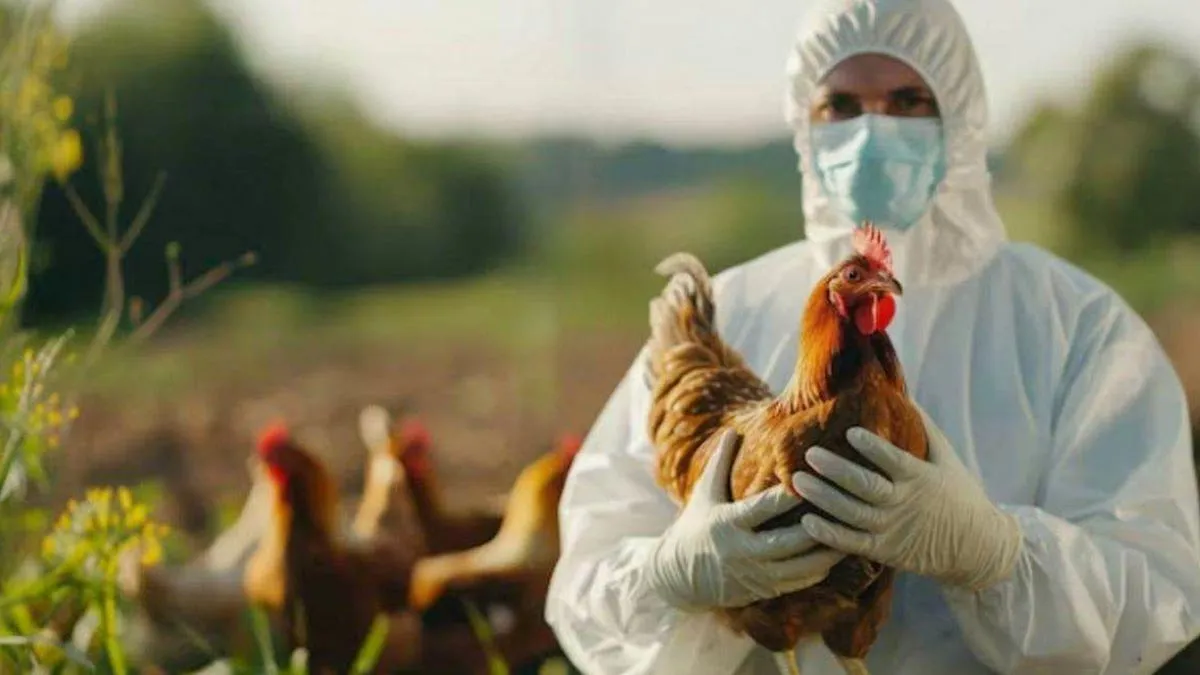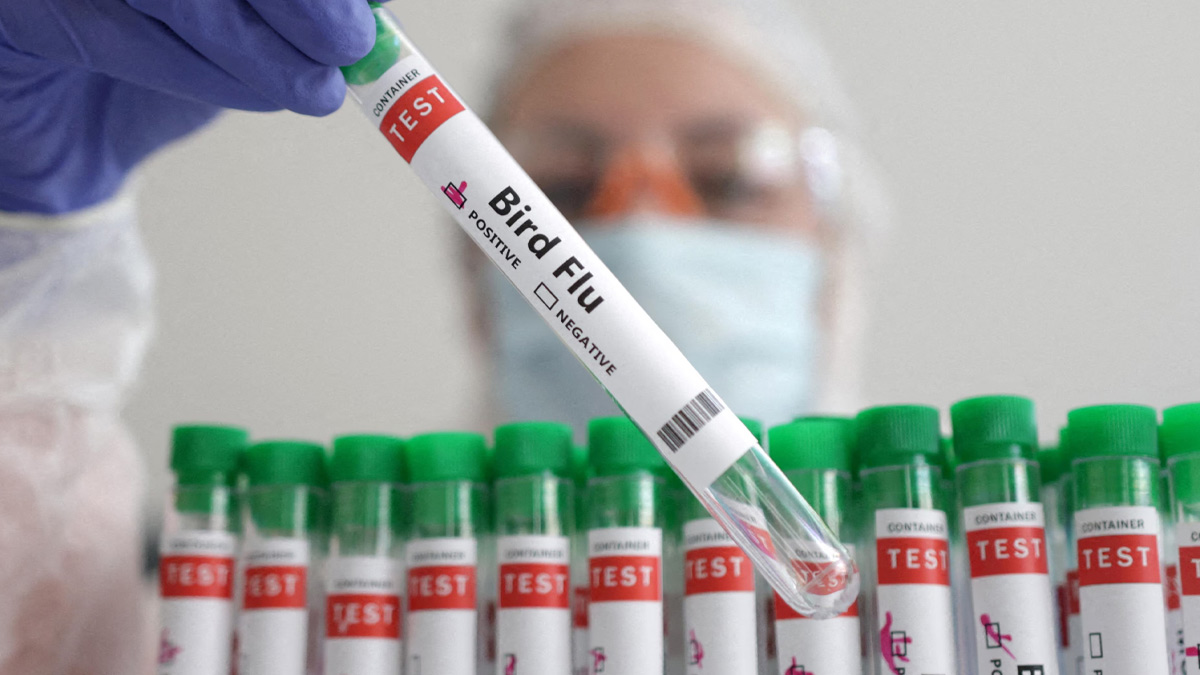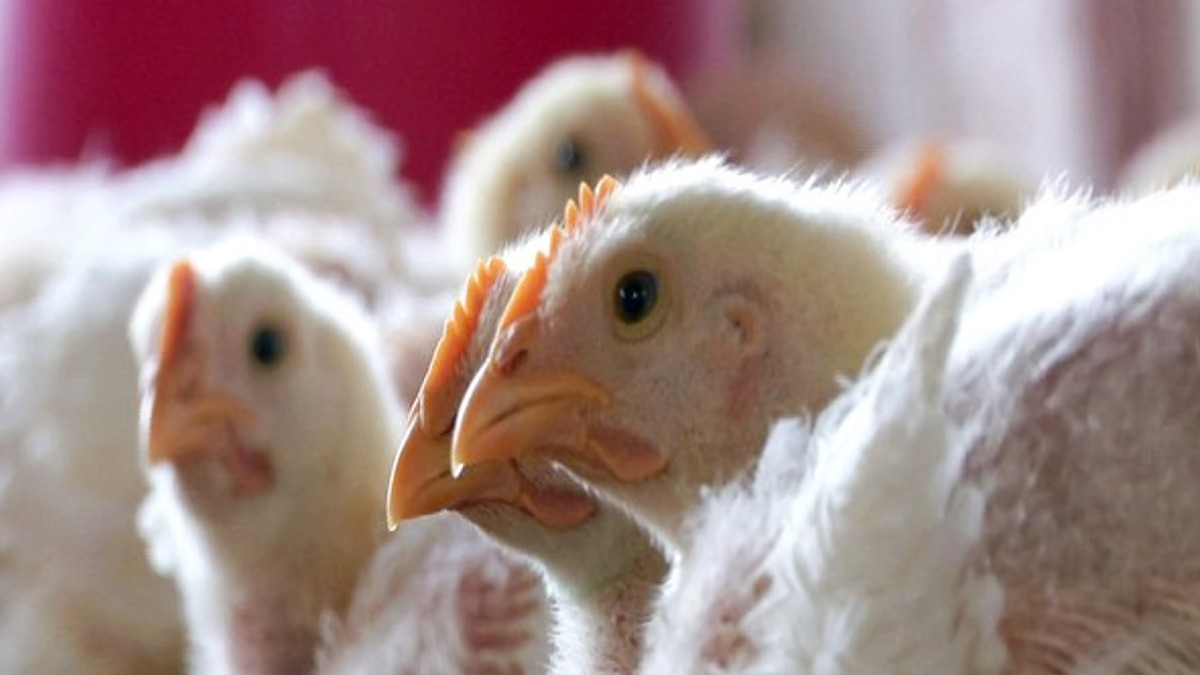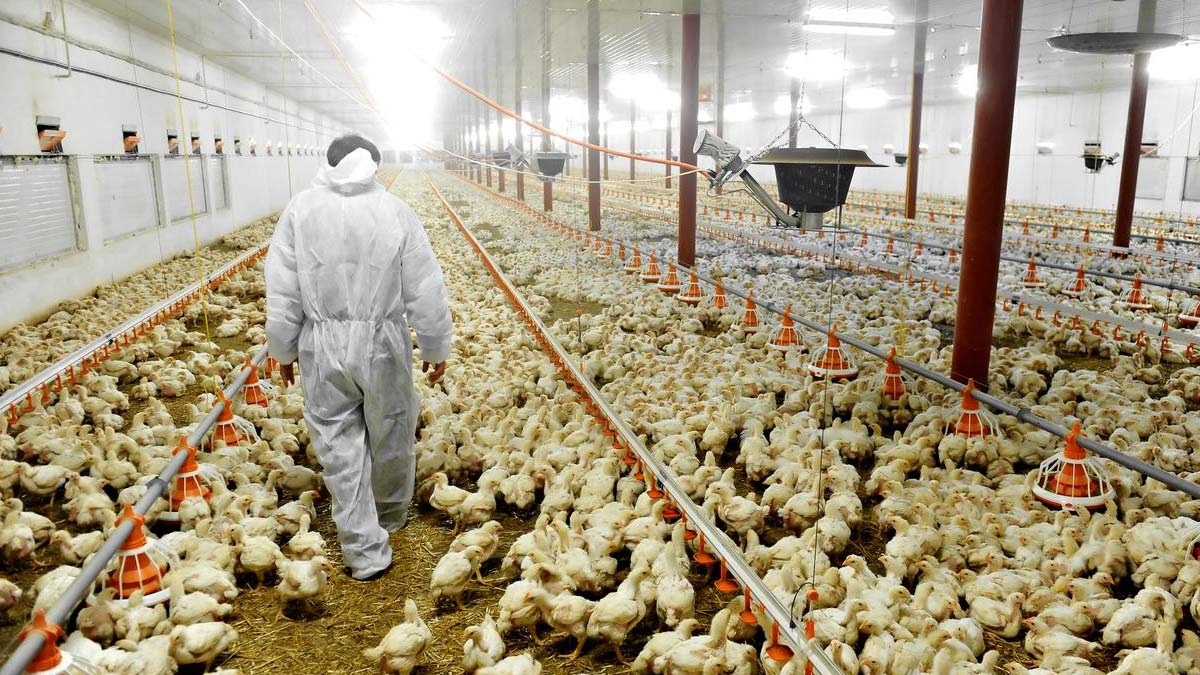
The Chandrapur district administration in Maharashtra has declared Mangli village and the surrounding 10-kilometer radius as a high-risk alert zone following the detection of the H5N1 bird flu virus. This proactive measure aims to curb the spread of the highly contagious avian influenza and prevent further outbreaks in the region.
Table of Content:-
Strict Measures Implemented to Contain the Spread
On Monday, the District Disaster Management Authority (DDMA), under the guidance of the Chandrapur district collector, issued a directive outlining urgent containment steps. This decision follows laboratory-confirmed cases of bird flu after the death of poultry birds in Mangli village on January 25.

The Animal Husbandry Department had collected samples from the affected birds and sent them to state and national-level laboratories, including the Indian Council of Agricultural Research-National Institute of High Security Animal Diseases in Pune and Bhopal. After receiving positive test results for the H5N1 strain, authorities wasted no time in enforcing strict biosecurity measures.
Also Read: PM Modi Sounds Alarm On India’s Rising Obesity Crisis—Calls For Urgent Action
Culling of Birds to Prevent Further Infections
To mitigate the risk of further transmission, a Poultry Bird Rapid Response Team has been deployed in Mangli, Gevarlachak, and Junonatoli. The team will conduct the immediate culling of infected and at-risk poultry using scientifically approved methods. The disposal of dead birds, along with the destruction of animal feed and eggs, will be carried out following national biosecurity guidelines.

Movement Restrictions and Safety Protocols
Authorities have imposed a ban on the transportation of live or dead poultry, eggs, bird feed, and related materials within the designated high-risk zone. Additionally, strict disinfection protocols have been mandated, with poultry farms instructed to sanitize their premises using sodium hypochlorite or potassium permanganate. To further contain the outbreak, all poultry farms and chicken shops within a 5-kilometer radius of the affected area have been ordered to shut down until further notice.
Also Read: ICMR Initiates Vaccine Development To Fight Deadly Avian Influenza
Why Bird Flu is a Major Concern?
The H5N1 strain of avian influenza is highly pathogenic and poses significant risks to both animal and human health. While human infections are rare, the virus has the potential to cause severe respiratory illness and has a high mortality rate in those who contract it.

In India, bird flu outbreaks have led to major losses in the poultry industry and have raised concerns about the risk of transmission from animals to humans. Recent outbreaks in 2021, 2023, and 2024 have underscored the need for strict monitoring and containment measures.
Authorities Urge Vigilance and Public Cooperation
The Chandrapur administration has urged farmers, poultry owners, and residents to remain vigilant and immediately report any unusual deaths of birds in their areas. Officials also advise against handling dead or sick birds without protective measures.
Meanwhile, health authorities are closely monitoring the situation to prevent any possible transmission to humans. The government continues to emphasize the importance of hygiene, proper disposal of poultry waste, and restrictions on movement in affected areas to curb the spread of the virus.
Bottomline
As Maharashtra deals with yet another avian influenza outbreak, prompt action and public cooperation will play a crucial role in preventing further escalation. Authorities remain committed to implementing necessary control measures while keeping a close watch on developments. For now, strict biosecurity practices, early detection, and rapid response efforts will be essential in containing the outbreak and safeguarding both animal and human health.
Also watch this video
How we keep this article up to date:
We work with experts and keep a close eye on the latest in health and wellness. Whenever there is a new research or helpful information, we update our articles with accurate and useful advice.
Current Version